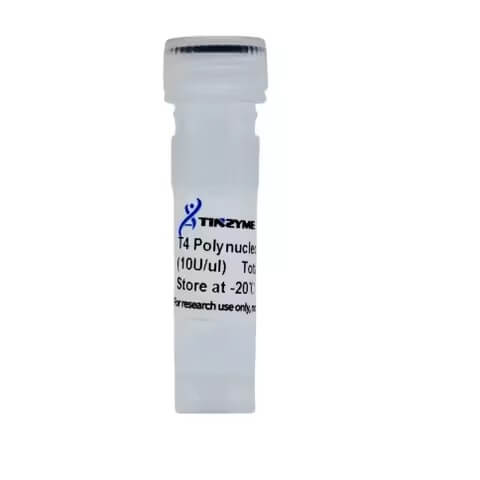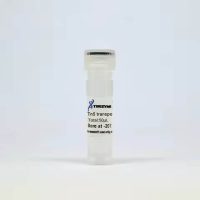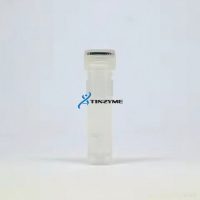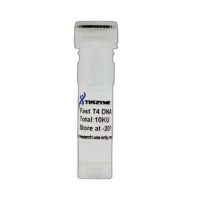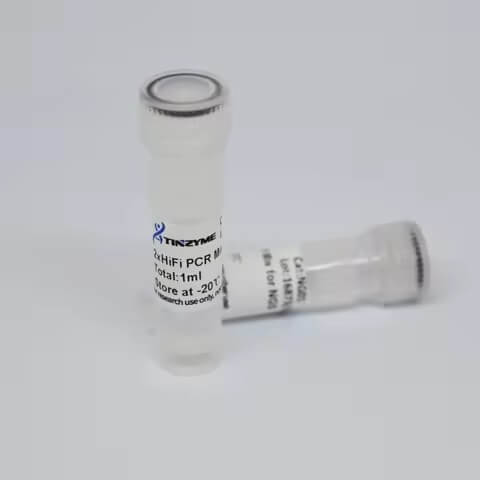
2x HiFi PCR Mix for NGS
2025-01-13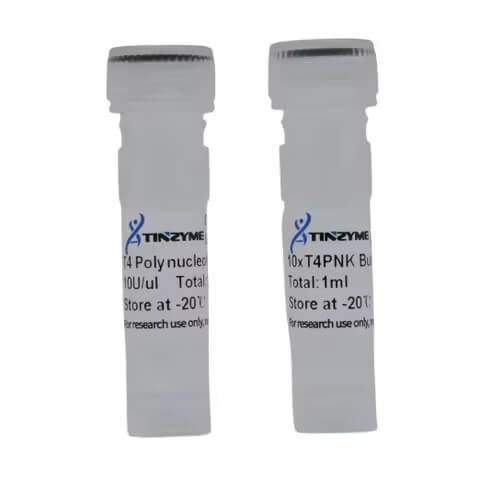
T4 Polynucleotide Kinase, T4 PNK
2025-01-13T4 Polynucleotide Kinase
Product Number: PC71
Shipping and Storage
-20°C
Components
| Component | PC71 500U | PC71 2500U |
| T4 Polynucleotide Kinase (10U/μl) | 50 μl | 250 μl |
| 10×T4 PNK Reaction Buffer | 150 μl | 800 μl |
Description
T4 Polynucleotide Kinase, abbreviated as T4 PNK, is expressed in Escherichia coli. The expressed gene is derived from T4 bacteriophage and can catalyze the phosphorylation of ATP γ- The 5′- hydroxy terminus and 3′ – monophosphate nucleosides of the nucleotide chain (double stranded or single stranded DNA or RNA) undergo transfer and exchange, while also possessing 3’phosphatase activity, which can hydrolyze the 3′-phosphate group from the 3′ phosphate terminus of the oligonucleotide, deoxygenated 3′-monophosphate nucleoside, and deoxygenated 3′- diphosphate nucleoside.The T4 polynucleotide kinase can be used for 5′ end labeling or phosphorylation of oligonucleotides, DNA, or RNA; Catalyze the phosphorylation of single nucleotide 5’and remove the 3′ terminal phosphate group. Heating this product at 75℃ for 10 minutes can inactivate it, and adding EDTA can also inactivate it. Metal ion chelating agents, phosphates, ammonium ions, KCl greater than 50 mM, and NaCl can significantly inhibit its activity.
Unit definition
The amount of enzyme required to transfer the 1 nmolγ-phosphate group on ATP to the 5′- OH terminal of DNA within 30 minutes at 37℃ is defined as 1 active unit.
Quality control
After multiple column purification, the purity was detected by SDS-PAGE to be over 99%; After testing, there was no contamination of nucleic acid endonuclease, exonuclease, phosphatase, and RNA enzyme activities.
